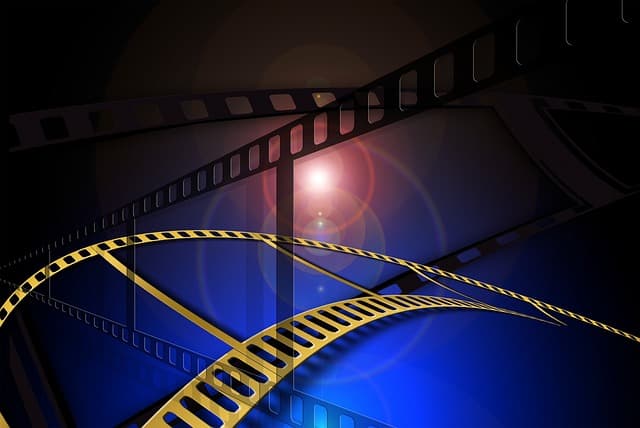Screen adaptations of literary works are a complex and risky process. Films based on books often face criticism for inconsistency with the original, cutting the plot or changing characters. But there are cases when the movie adaptation not only meets the expectations of the audience, but also becomes better than the source material. How is this possible? Let’s get to the bottom of it.
Why can movies be better than books?
The power of visualization
A book is a world created by words, and every reader visualizes it in his own way. A movie, on the other hand, gives a ready-made picture full of atmosphere, scenery and special effects. For example, the Harry Potter film series impresses with visual effects that bring the magical world to life, sometimes surpassing the descriptions in the books.
Plot dynamics
In the books, a lot of time is spent on character descriptions and musings, which can slow down the pace. Movies, on the other hand, focus on major events, making the story more dynamic. An example is Peter Jackson’s Lord of the Rings trilogy, where many episodes are more exciting than in Tolkien’s novels.
Emotional impact
The movies add music, acting and camerawork that enhances the emotional immersion. The tragedy of Rose and Jack in the movie Titanic evokes a powerful response from the audience, while the documentary basis of the stories of the ship’s sinking in the books does not always achieve this effect.
Examples of film adaptations that have surpassed the books include
“The Green Mile” (based on Stephen King’s novel)
Although King’s original is a powerful story about the lives of prisoners, Frank Darabont’s adaptation managed to convey more emotional depth. Tom Hanks and Michael Clarke Duncan made the characters even more memorable.
“Forrest Gump” (based on the novel by Winston Groom)
The book differs significantly from the movie, and the main character in the novel is more severe. However, the film adaptation with Tom Hanks in the title role managed to convey the kindness, humor and touching of the story, which made it a cult.
“Fight Club” (based on the novel by Chuck Palahniuk)
The novel offers a complex philosophy and a bleak view of modern society. But David Fincher’s film visualized the author’s ideas so powerfully that many consider the movie better than the book.
When screen adaptations fall short of books
Of course, there are times when a movie adaptation fails to convey the full depth of a book. For example, movies based on Jane Austen’s novels often lose the subtle psychology and social subtext. And adaptations of modern epic fantasy, such as “The Wheel of Time”, are sometimes criticized for oversimplifying the plot.
Myth or reality?
Is it safe to assume that screen adaptations are sometimes superior to books? Yes, but with reservations. Film and literature are different art forms with their own strengths. A movie may be more vivid and emotional, but a book often offers greater scope for imagination and deep immersion in detail.
For viewers unfamiliar with the source material, a movie can be a stand-alone work that eclipses a book. But for lovers of literature, film adaptations are just one reading of a favorite story.
Conclusion
Screenplays that surpass books are a rare but possible phenomenon. A successful combination of directorial talent, acting, and technical ability can turn a good novel into a cinematic masterpiece. However, is it better than that? The answer depends on each viewer’s perception. What do you think – should we expect more from movies than from books?
